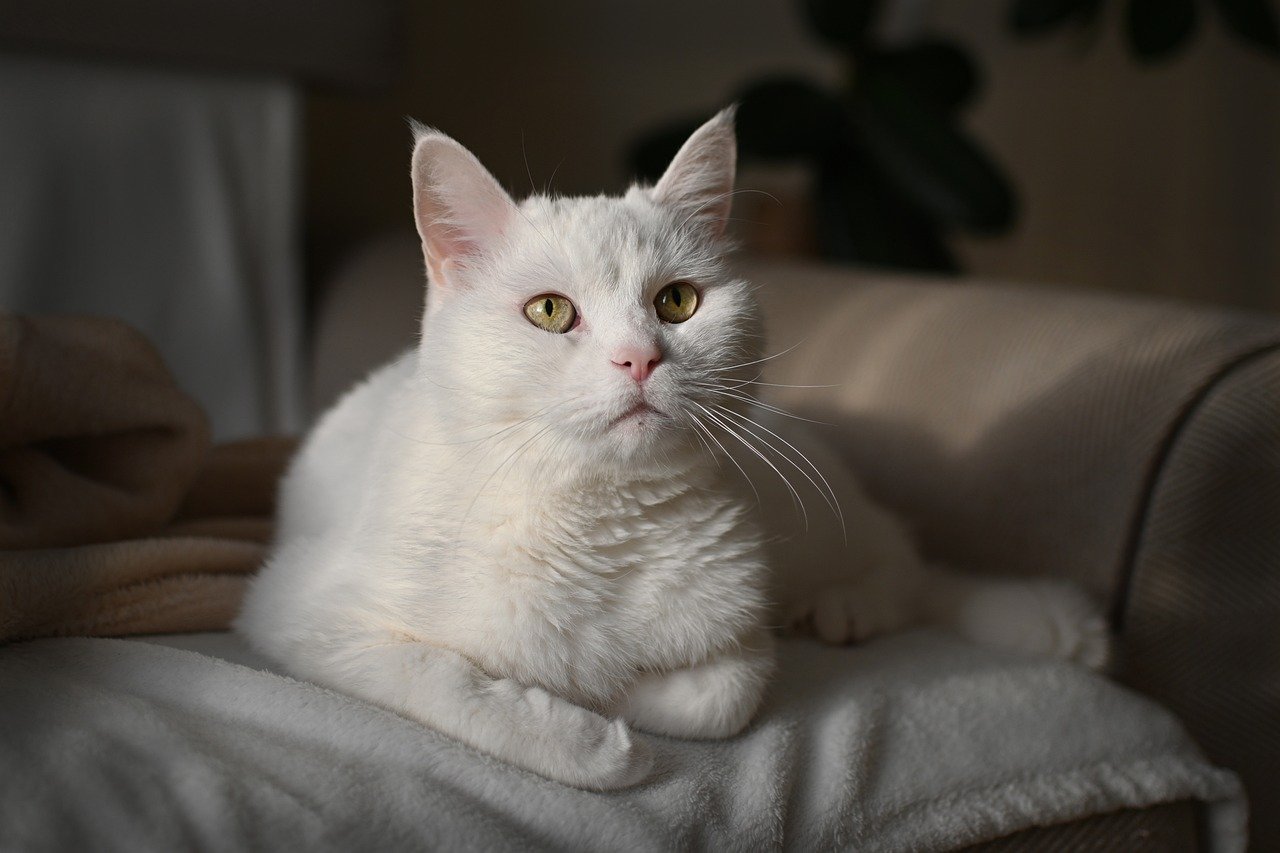Have you ever noticed your cat acting just a little bit different—quieter, more distant, or maybe extra needy—when things seem a little off at home? It’s almost like these mysterious little creatures have their own hidden language for love, especially when they’re feeling unsure or anxious. Cats are often painted as aloof or even standoffish, but the truth is, their affection doesn’t disappear when they’re nervous. Instead, it just changes shape. Let’s explore the fascinating and sometimes heartbreaking ways cats show they care, even when they’re not quite sure of themselves—or their surroundings.
Seeking Gentle Physical Contact
When a cat isn’t feeling reassured, you may notice a shift in how they approach touch. Instead of their usual bold head boops or full-body leans, they might gently press just their paw or side against you, as if testing the waters. It’s a soft, tentative gesture, almost like a child reaching for a parent’s hand in a crowded place. These gentle touches are a cat’s way of saying, “I need you, but I’m not sure if it’s okay to ask.” They might curl up just out of arm’s reach, hoping for you to initiate the next step.
Sometimes, this physical contact even takes the form of barely-there nudges or a soft brush against your leg. You might also see your cat stretch out a paw toward you, hesitating before making full contact. It’s not that they don’t want to be close; it’s that they’re feeling a bit vulnerable. For sensitive cats, these small gestures are big steps toward trust. If you respond kindly, you’ll often see them relax just enough to settle in a bit closer next time.
Giving You the Slow Blink
One of the sweetest signs a cat cares—especially when they’re not feeling totally safe—is the slow blink. This gentle closing and reopening of their eyes is the feline equivalent of a kiss blown across the room. When your cat offers you a slow blink, they’re telling you, “I trust you, even though I’m a little uneasy.” It’s an olive branch, extended with cautious hope.
Cats who are feeling unsure may not hold their gaze for long. Instead, they’ll give you a quick, soft blink and then look away, as if to say, “I want to connect, but I’m not sure how much.” If you return the gesture, you’ll likely see their anxiety ease just a bit. It’s a silent conversation—a secret handshake between friends—that helps build confidence and security.
Shadowing Your Movements
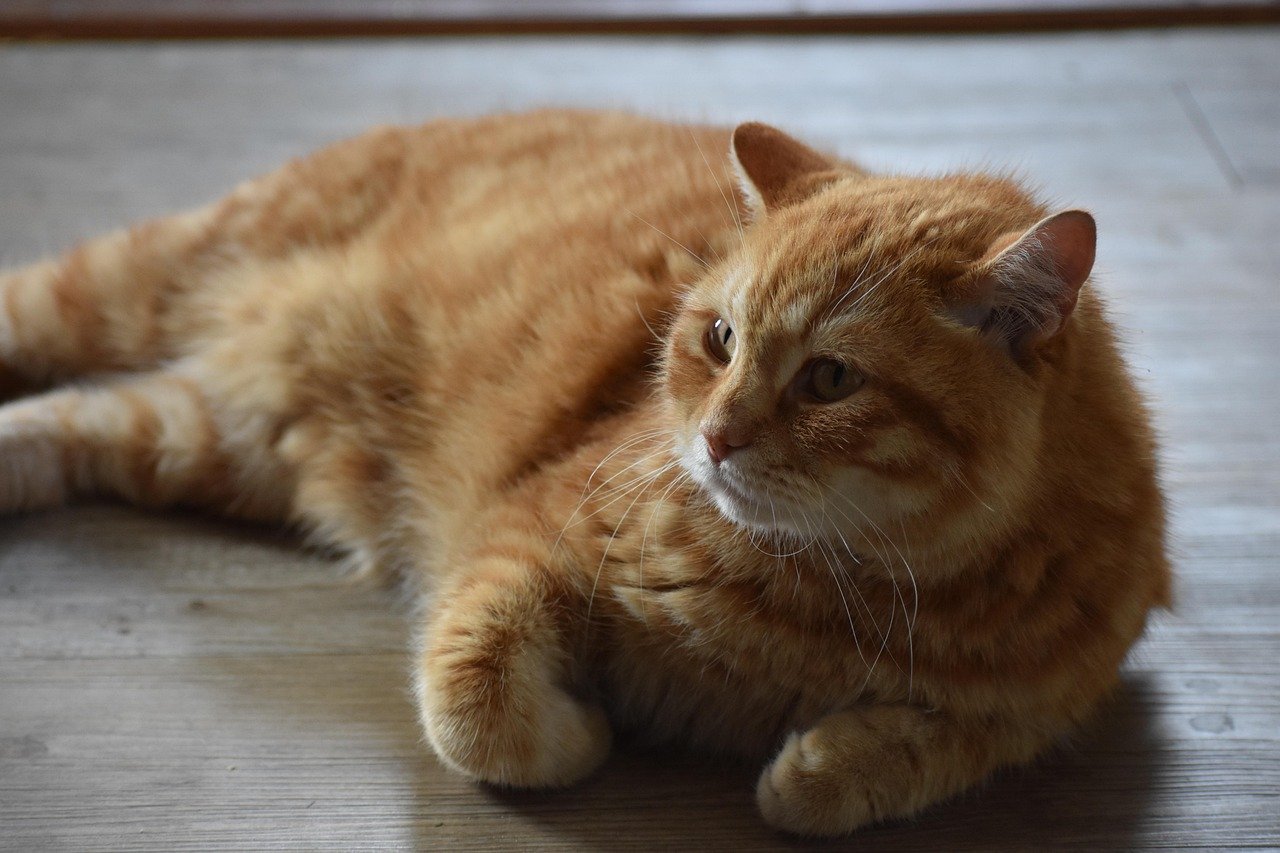
Have you ever noticed your cat following you from room to room, but keeping just a few feet of distance? When cats feel uncertain, they often become little shadows, quietly trailing their humans without making a fuss. It’s as if they need the reassurance of your presence, but don’t quite have the courage to ask for attention directly.
This behavior is a subtle but powerful display of affection. Your cat is saying, “I want to be near you, even if I can’t quite snuggle up close right now.” They might watch you from a doorway or perch nearby, always keeping you in their line of sight. For cats, this closeness is a compromise—a way to stay connected while still feeling safe.
Offering “Gifts” and Toys
Sometimes, a cat that’s not feeling reassured will try to win your favor by bringing you small “gifts.” These might be their favorite toys, a stray sock, or even a leaf from outside. It’s their way of saying, “I care about you, and I hope you’ll care about me too.” This gift-giving isn’t just about play—it’s a peace offering, extended in times of uncertainty.
You may find your nervous cat dropping a toy at your feet or leaving it on your bed. It’s touching, really, how these little gestures reveal a cat’s desire for connection, even when their confidence is shaky. Accepting these gifts (and giving a little praise) can do wonders for a cat’s sense of security and show them you appreciate their unique way of loving.
Vocalizing Softly
A cat’s voice can say so much, especially when they’re feeling unsure. Instead of their usual strong meows or demanding yowls, cats who aren’t reassured might communicate with softer, more tentative sounds. These gentle chirps, trills, or quiet mews are like whispers meant just for you. It’s as if they’re testing the waters, hoping you’ll respond with kindness.
You might notice your cat meowing more when you leave the room or making small, questioning sounds when you return. This vocal affection is a way for them to check in—to say, “Are you still here for me?” Answering these calls, even with a simple word or gentle touch, can go a long way in calming their nerves and deepening your bond.
Head Bunting, But Less Forceful
Cats love to “bunt” or press their heads against people and objects as a sign of affection. When they’re feeling anxious or insecure, though, this bunting might become much gentler—almost hesitant. You might feel a soft nudge against your hand or leg, as if they’re checking to see if you’ll accept their affection.
This toned-down bunting is your cat’s way of saying, “I love you, but I need reassurance.” They’re reaching out, hoping you’ll respond with gentle affection in return. If you do, you’ll often find your cat becoming braver over time, eventually giving you those full, hearty head butts once they feel more at ease.
Staying Close, But Not Touching
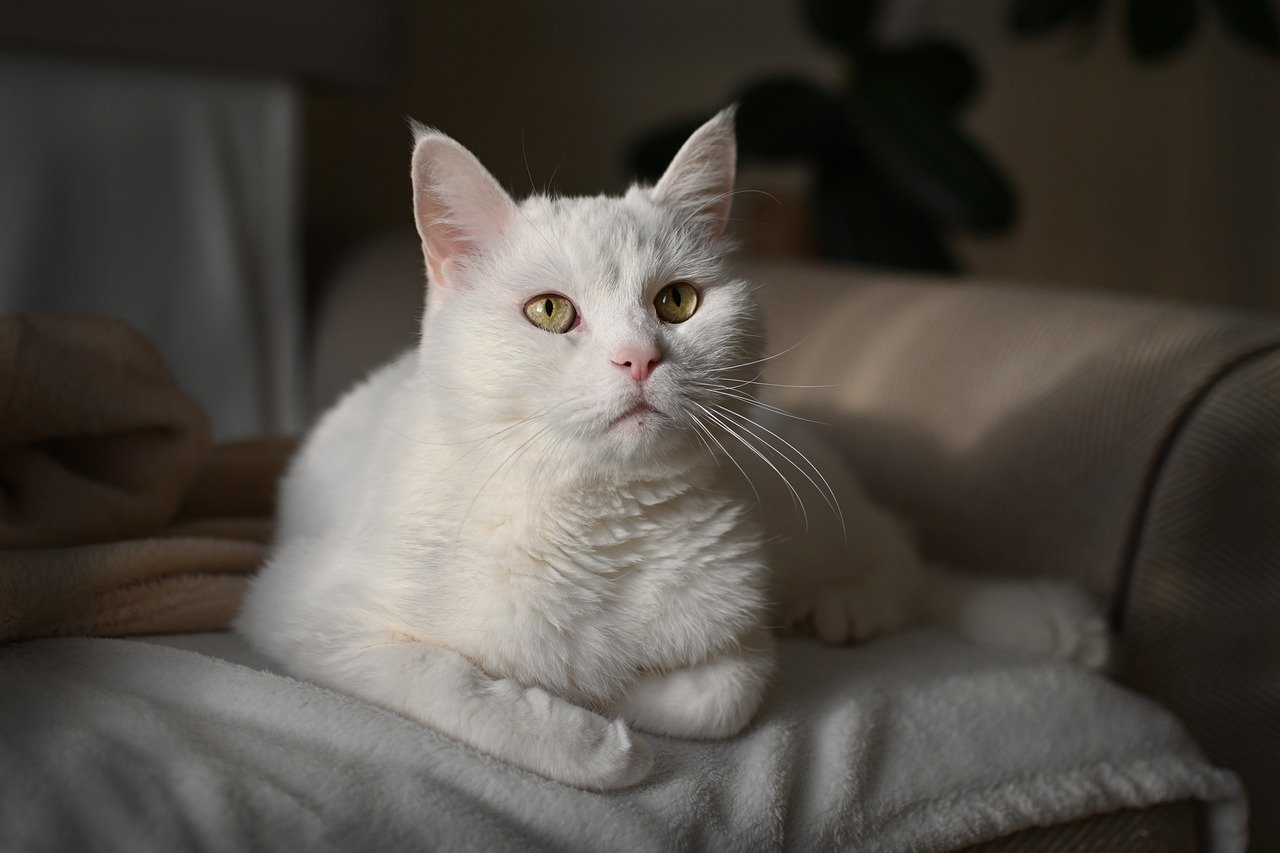
Some cats show their love by simply being nearby. When they’re not feeling completely reassured, they might choose to sit close to you—on the couch, at the end of the bed, or even just inside the doorway—without actually making contact. It’s like they’re saying, “I want to be with you, but I need a little space right now.”
This subtle closeness is an act of affection in itself. Your cat is choosing your company, even if they’re not ready for full-on cuddles. Over time, respecting this boundary can build trust and help your cat feel safe enough to close the gap when they’re ready.
Grooming Themselves in Your Presence
A nervous cat might spend extra time grooming themselves when you’re around. While it’s true that cats groom to calm themselves, doing so in your presence can also be a sign of affection. It’s as if they’re saying, “I trust you enough to let my guard down and take care of myself here.”
Sometimes, you might notice your cat pausing during a grooming session to glance your way, as if checking to see if you’re still there. Their comfort with you nearby is a quiet but meaningful sign of their affection, even when they’re feeling a little unsure about the world.
Resting With Their Back to You
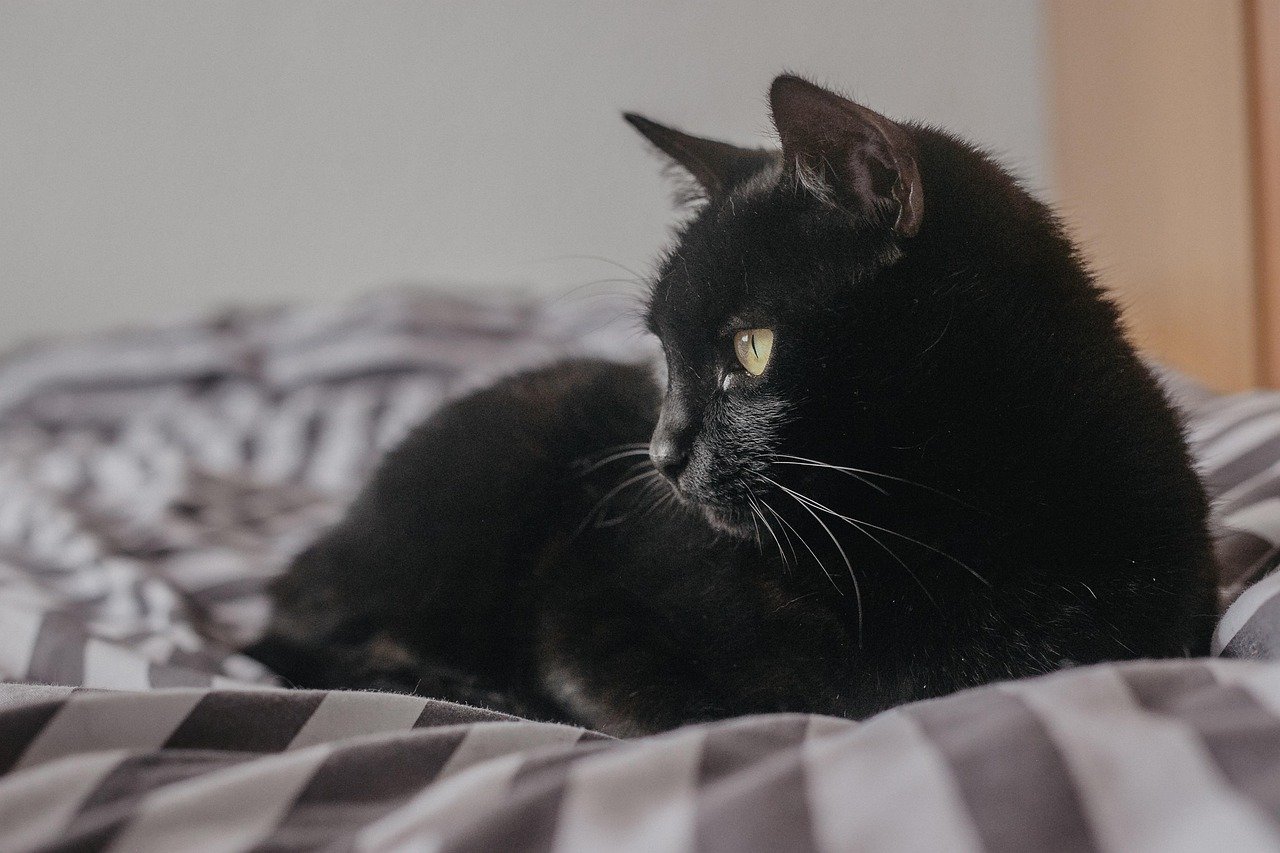
It might seem strange, but when a cat sits or lies down with their back to you—especially if they’re a little nervous—it’s actually a sign of trust. They’re putting their most vulnerable side in your direction, saying, “I believe you’ll keep me safe.” For a cat that’s not feeling fully reassured, this is a big deal.
You might notice your cat positioning themselves this way after a stressful event or when things feel off at home. It’s their own quiet way of showing love and confidence in your bond, even if they’re not up for face-to-face snuggles just yet.
Seeking Comfort in Familiar Objects
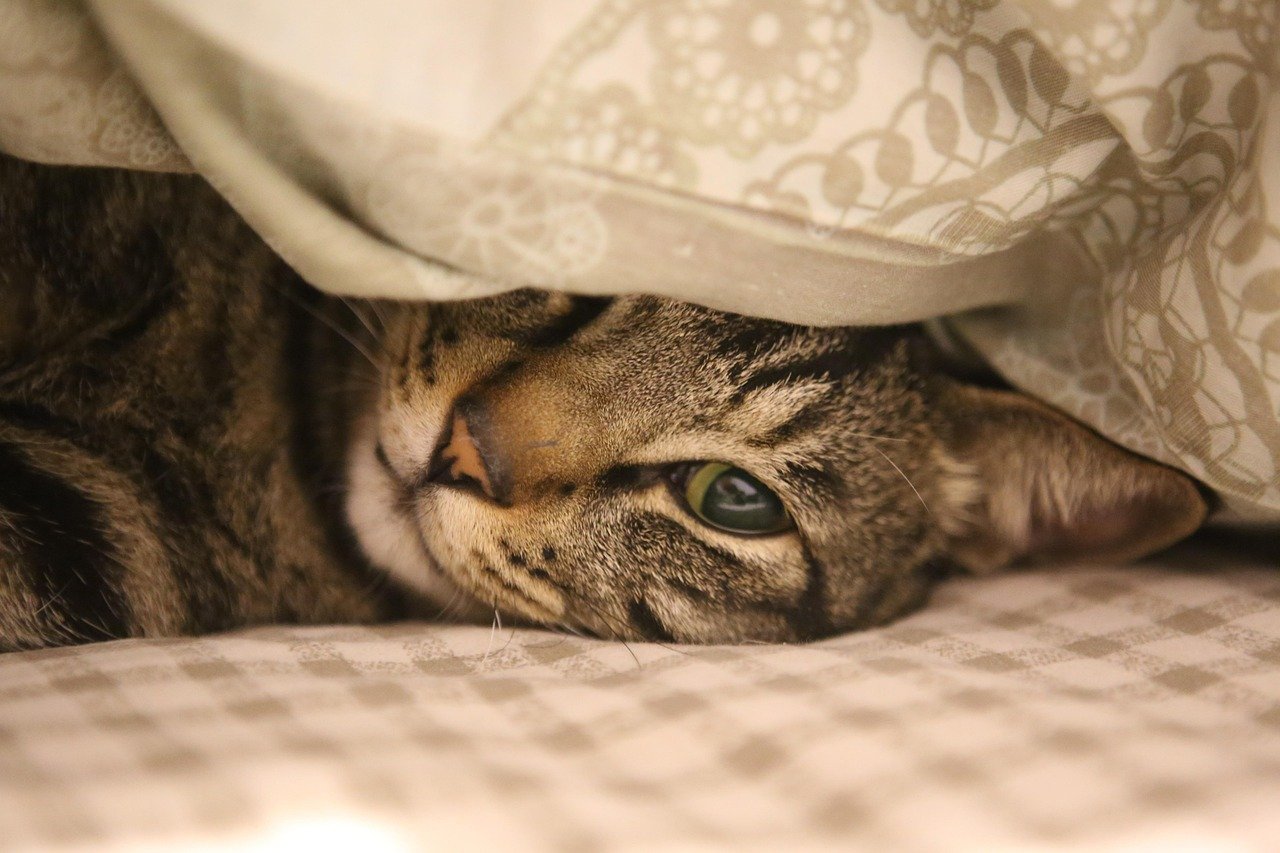
When cats feel insecure, they often turn to familiar objects—blankets, toys, or even your clothes—for reassurance. Curling up on your sweater or kneading their favorite blanket is a way of surrounding themselves with your scent, which brings comfort and a sense of connection.
In these moments, your cat is expressing affection not just for you, but for the life you share together. They’re saying, “This smells like home, and home means love.” By making these small choices, they’re finding a safe way to feel close to you, even when they’re feeling anxious.
Bringing Out the Purr
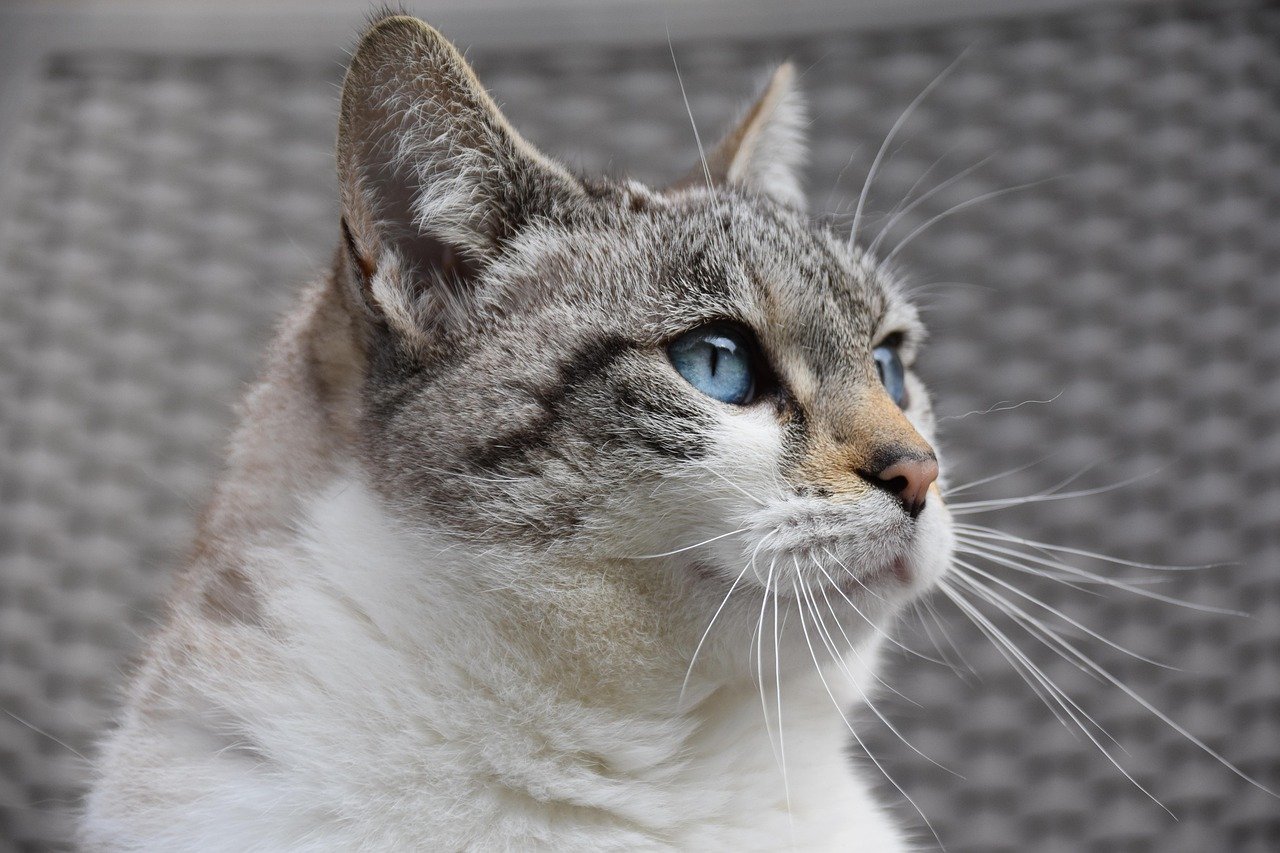
A cat’s purr isn’t always a sign that things are perfect. In fact, cats often purr when they’re nervous or seeking comfort. When your cat curls up next to you and starts to purr—especially if they seem a little unsure—it’s their way of asking for reassurance and offering affection at the same time.
This vulnerable form of purring is almost like a self-soothing lullaby, but it’s also meant for you. Your cat is reaching out, hoping you’ll return the favor with gentle pets or calming words. In this moment, your presence is their safe haven.
Playful Gestures With a Cautious Twist
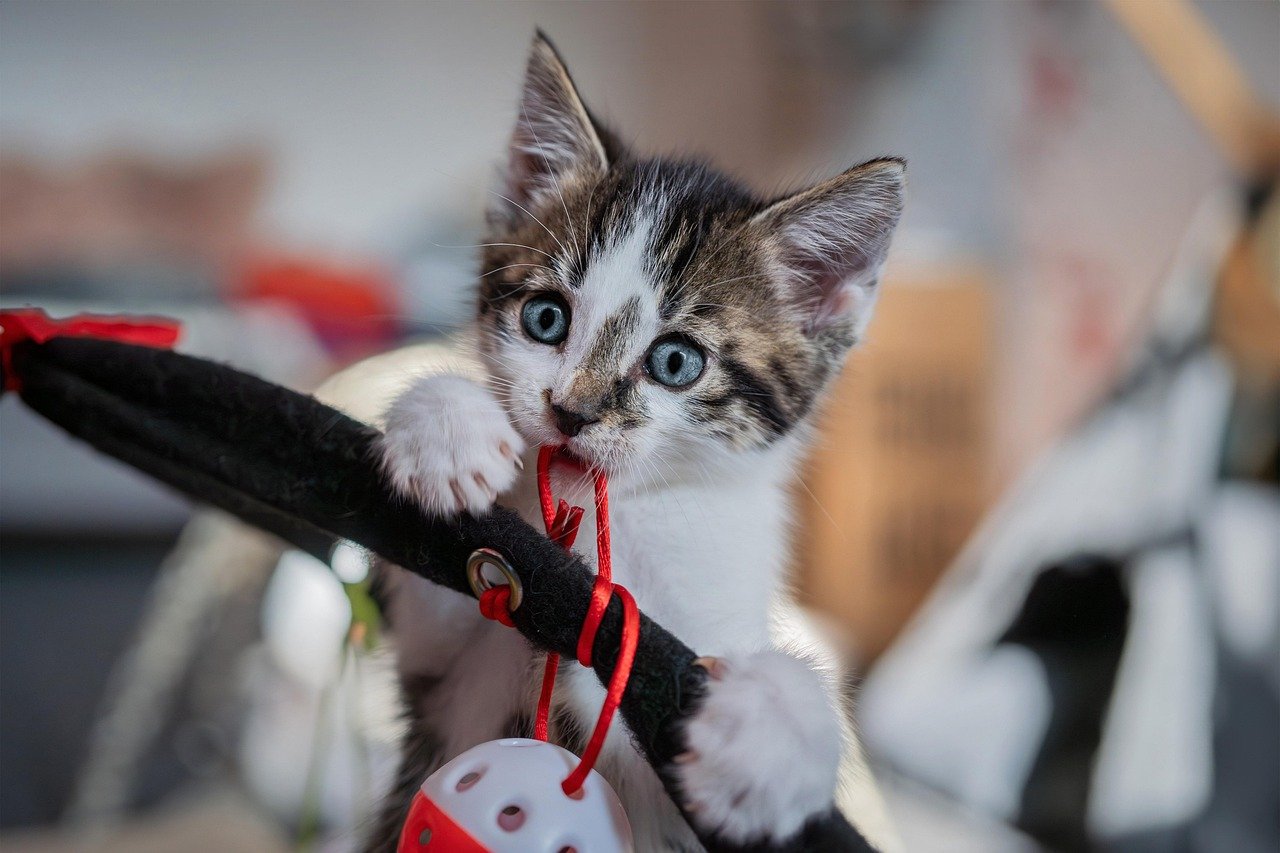
Even when they’re not feeling fully reassured, cats may try to engage you in play—but with a twist. Instead of their usual bold pounces or enthusiastic chases, their play may be more subdued or hesitant. They might bat at a toy but stop if you move too quickly, or initiate a game and then retreat to a safe distance.
This tentative play is a cat’s way of connecting with you, even when their confidence is low. It’s a gentle invitation: “Will you play with me, even though I’m feeling vulnerable?” By matching their pace and responding with patience, you help reinforce their trust and show them your affection, too.
Lingering Glances and Watchful Eyes
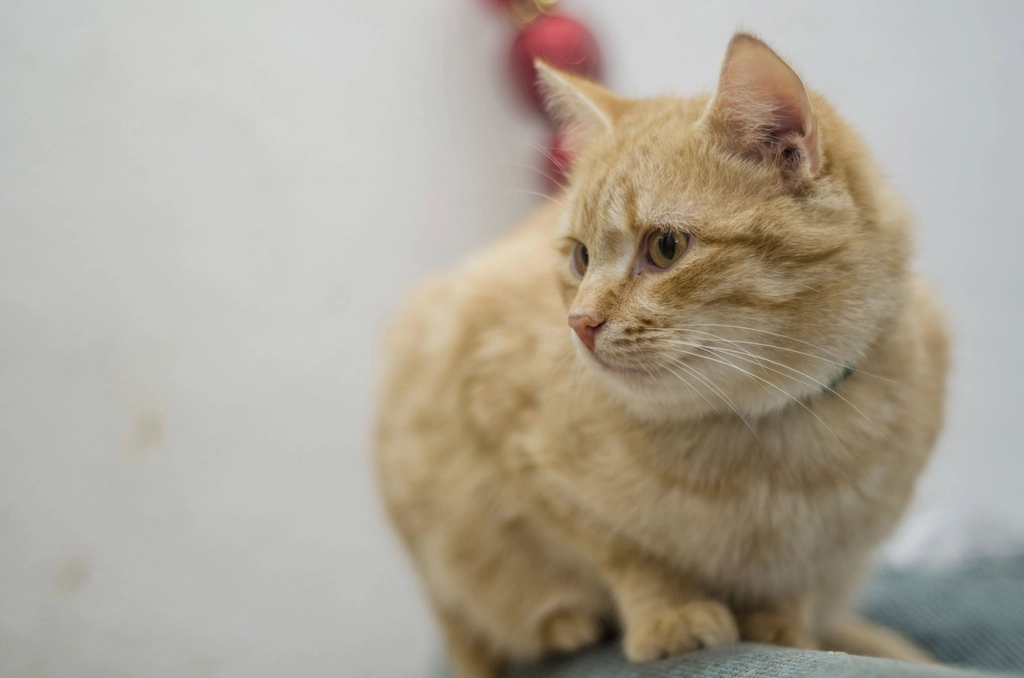
A cat that’s not feeling reassured will often keep a close eye on you. You might catch them watching from behind a curtain, peeking around corners, or simply gazing at you from across the room. These lingering looks are more than just curiosity—they’re a way for your cat to stay connected, even when they’re keeping their distance.
In these moments, your cat is silently saying, “I care about you, and I want to make sure you’re still here for me.” Their watchful eyes are full of hope, longing, and a little bit of worry. By acknowledging these looks with a soft word or a gentle smile, you help your cat feel seen and loved, even on their most uncertain days.

Esther is from India; the heartbeat of South Asia, holding a Master’s degree in Zoology and a postgraduate diploma in Animal Welfare. Her enthusiasm for animal welfare drives her passion and dedication to working for animals, ensuring their well-being, and advocating for their rights. With a solid academic background and hands-on experience, she is committed to making a positive impact in the field of animal welfare. In her free time, she enjoys embroidery and sewing. As a Chennaite from Tamil Nadu, Esther loves Bharathanatyam, an Indian classical dance form.

